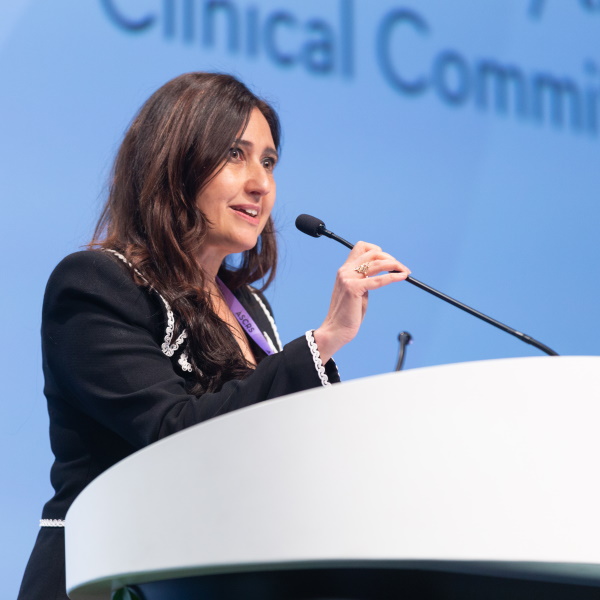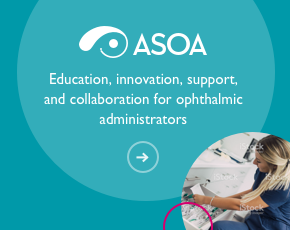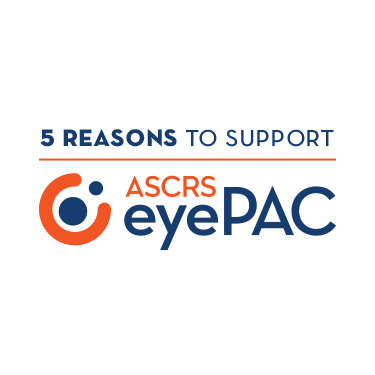
2021 ASCRS Annual Meeting
ASCRS On Demand: Sessions
Available within 24 hours of the live session
Explore the ASCRS general sessions, symposia, and instructional courses below by expanding the relevant tabs. To view a session, click the relevant session box.
- Presentations will be posted Saturday, July 24, through Tuesday, July 27, within 24 hours or less of the live session.
- Login and membership required to view on-demand sessions.
Jump to session type:
General Sessions | Symposia | Instructional Courses

General Sessions
Featuring keynote speakers, innovative scientific lectures, awards, and updates on ASCRS, general sessions are a "must see" for any attendee. Each of the four general sessions provide a unique look at the state of ophthalmology in 2021. Browse the 2021 ASCRS Annual Meeting General Sessions by expanding the tab below.
Symposia
ASCRS Symposia are generally driven by the ASCRS Clinical Committees, offering essential educational content across anterior segment surgery. Browse the 2021 ASCRS Annual Meeting Sympoisa by expanding the tab below.
Sponsored by the ASCRS Retina Clinical Committee
Sponsored by the ASCRS Young Eye Surgeon's (YES) Clinical Committee
Sponsored by the ASCRS Glaucoma Clinical Committee
Sponsored by ASCRS and the Vanguard Ophthalmology Society
Sponsored by the ASCRS Refractive Surgery Clinical Committee
Sponsored by ASCRS and the Journal of Cataract and Refractive Surgery
Sponsored by the ASCRS Cataract Clinical Committee
Sponsored by the ASCRS Cornea Committee and the ASCRS Refractive Surgery Clinical Committee
Sponsored by ASCRS and the Cornea Society
Sponsored by the ASCRS Young Eye Surgeon's (YES) Clinical Committee
Sponsored by ASCRS and the Vanguard Ophthalmology Society
Sponsored by ASCRS and the Journal of Cataract and Refractive Surgery
Sponsored by the ASCRS Cataract Clinical Committee
Sponsored by the ASCRS Cornea Committee and the ASCRS Refractive Surgery Clinical Committee
Sponsored by ASCRS and the Cornea Society
Sponsored by ASCRS and the Vanguard Ophthalmology Society
Sponsored by ASCRS and the Cornea Society
Sponsored by the ASCRS Cornea Committee and the ASCRS Refractive Surgery Clinical Committee
Sponsored by the ASCRS Retina Clinical Committee
Sponsored by the ASCRS Refractive Surgery Clinical Committee
Instructional Courses
Courses are 90-minute instructional sessions that include Q&A time and interactive discussion among the instructors and audience. Each course is based on one of more than 35 clinical categories/topics, allowing attendees to go in-depth into a topic or technique of interest. Instructional courses are presented organized by course number or by primary clinical category; browse the 2021 ASCRS Annual Meeting Instructional Courses by expanding the relevant tabs below.


